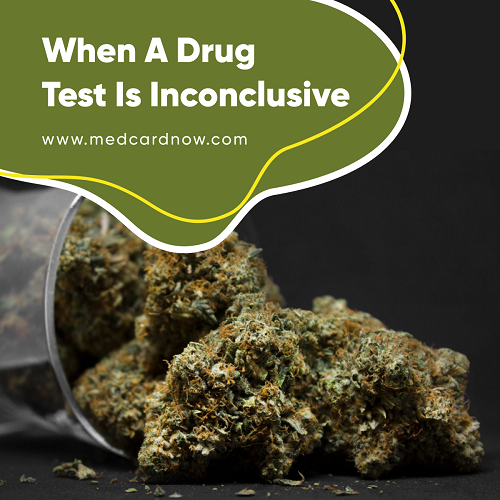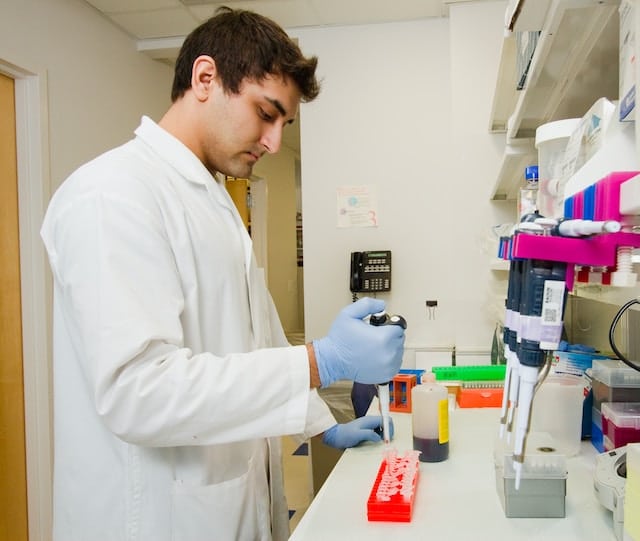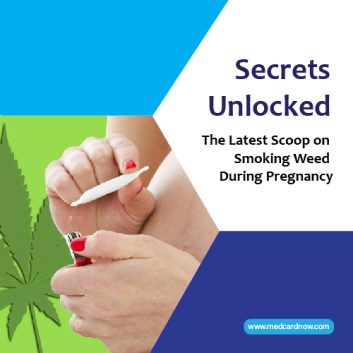
Employers may require pre-employment drug testing and deny a prospective employee who fails a drug test. But what happens if a drug test comes back inconclusive? This article explores the meaning of inconclusive drug tests, why they occur, and how employers should handle such situations, including addressing intoxicated employees in the workplace.
Understanding Inconclusive Drug Tests:
An inconclusive drug test may leave employers uncertain about an applicant’s drug use. This section clarifies common questions surrounding inconclusive drug tests, such as what they mean, why they occur, and how frequently they happen. It also discusses potential causes, like sample dilution or collection errors, and emphasizes the importance of a clear drug testing policy.
Dealing with Pre-Employment Inconclusive Tests:
When faced with pre-employment inconclusive drug test results, employers must navigate delicate situations. This segment outlines the steps employers should take, including communicating clearly with the applicant and implementing conditional hiring practices. By setting clear expectations, employers can maintain workplace standards while respecting legal and ethical considerations.
Addressing Employee Intoxication Concerns:
If an employee appears intoxicated at work, employers must address the situation promptly and professionally. This part advises employers on how to handle suspected substance use, emphasizing privacy and legality. It underscores the importance of a robust drug and alcohol policy to guide disciplinary actions and ensure fairness and compliance.
Strategies for Handling Substance Abuse Concerns:
Employers faced with employees struggling with substance abuse must adopt proactive measures. This section discusses various strategies, including last chance agreements and job role modifications, to support employees while maintaining workplace safety. It emphasizes the importance of tailored interventions and ongoing support to address underlying issues effectively.
Related: How To Pass A Drug Test In 24 Hours
Inconclusive drug test pre-employment
Pre-employment drug test inconclusive is when inconclusive urine test results happen before employment. Some employers may allow the employee to begin working without the final drug test results. If the employee receives inconclusive dot drug test results, he/she loses the job. Employees prevent this by writing that the hire is conditional upon satisfactory completion of a drug screen. This will allow the application to be immediately invalid should the results be unsatisfactory.
What if the employee appears intoxicated at work due to an alcohol problem?
If management suspects the employee of consuming illegal substances, there are several ways to handle this. You may wonder, Can you be fired for an inconclusive drug test? The employer will have to terminate the employee or should privately talk with the employee about the suspected drug/alcohol use. This conversation should happen with at least two management or HR employees. When discussing, the employer should any questions that could elicit medical information. Instead, the employer should focus on the potential policy violation and the employee’s ability to work safely.

In this situation, it is crucial to have a strong drug and alcohol use policy. If one acknowledges consuming illegal substances, then there are several measures. The statement must go into the books. Afterward, the employee should be sent home for the day and await further action. At this point, the employee can receive immediate termination, suspension, or the Last Chance Agreement. Keep in mind that an employee’s past conduct can determine the outcome. This helps to reduce claims of discrimination. The employee must know that repeating such an action will lead to immediate termination.
What employers do in such situations
The employer may use different strategies if the employee has a substance abuse problem. At this point, the employer can present the employee with a “Last Chance Agreement,”. In this document, the employer had cause to terminate but is providing the employee with a last chance. This last chance is conditional on the successful completion of specific requirements. They can range from a drug/alcohol abuse program to a periodic drug/alcohol screening.
Regardless, if the employee’s position requires him to drive as part of their job, then it may be a problem. In that situation, the employer may modify the job duties to exclude safety-sensitive duties. In most cases, the employee is put in another position without safety-sensitive duties.
Conclusion:
Navigating inconclusive drug tests and employee intoxication concerns requires sensitivity, clarity, and adherence to legal and ethical standards. By understanding the complexities of these situations and implementing appropriate policies and interventions, employers can promote a safe and productive work environment while supporting employee well-being.



